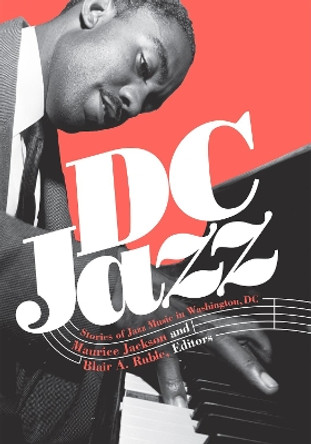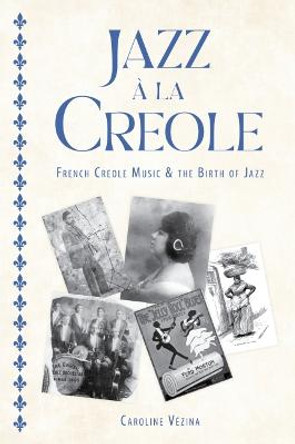Description
Drawing on memoirs, press accounts, and cultural criticism, Jackson uses the history of jazz in Paris to illuminate the challenges confounding French national identity during the interwar years. As he explains, many French people initially regarded jazz as alien because of its associations with America and Africa. Some reveled in its explosive energy and the exoticism of its racial connotations, while others saw it as a dangerous reversal of France's most cherished notions of "civilization." At the same time, many French musicians, though not threatened by jazz as a musical style, feared their jobs would vanish with the arrival of American performers. By the 1930s, however, a core group of French fans, critics, and musicians had incorporated jazz into the French entertainment tradition. Today it is an integral part of Parisian musical performance. In showing how jazz became French, Jackson reveals some of the ways a musical form created in the United States became an international phenomenon and acquired new meanings unique to the places where it was heard and performed.
A history of jazz in interwar France, concentrating on the ways this originally American music was integrated into French cultural practices.
About the Author
Jeffrey H. Jackson is Assistant Professor of History at Rhodes College.
Reviews
"A history that reads like a good story, this new book by Jeffrey H. Jackson illumines the multiple reactions to jazz in France, ranging from enthusiasm and fascination to fear and disgust. It also vividly recaptures the broad cultural context and above all succeeds in demonstrating the importance of jazz for the ongoing debate about French
national identity and modernity."-Charles Rearick, author of The French in Love and War: Popular Culture in the Era of the World Wars
"Jeffrey H. Jackson's work is unique in providing a more detailed history of jazz in interwar France than anything yet in print (certainly in English). Jackson offers a new, rather unusual perspective, concentrating on the ways jazz was integrated into national practices and traditions, rather than portraying it as simply a foreign intrusion into national life. This is a very rich approach to cultural history, offering a far more complex and nuanced understanding of the process of trans-Atlantic cultural interchange than top-down perspectives."-Tyler Stovall, coeditor of The Color of Liberty: Histories of Race in France
"This lively and innovative book views jazz through the prism of contemporary ideas about 'blackness' and the Americanization of Europe's economy and culture to explore the relationship between culture, race, and national identity in twentieth-century France. Jeffrey H. Jackson reveals a complex interplay of cultural and social forces that stretches from across the Atlantic to the trenches of World War I to the colonies of la plus grande France."-Alice Conklin, author of A Mission to Civilize: The Republican Idea of Empire in France and West Africa, 1895-1930
(Starred Review) "This is an outstanding little book-a highly readable history of jazz in interwar Paris and a brilliant case study of French cosmopolitanism. . . . Entertaining, informative, authoritative, and broad in scope, Jackson's study will appeal to readers of varied interests. . . ." * Library Journal *
"Jackson makes an important contribution to historical studies in complicating understandings of French cultural nationalism between two world wars. . . . Compelling." -- Jody Blake * American Historical Review *
"Jackson's interesting . . . work traces how a new 'cabaret culture' replaced big dancehalls, examines the effect recording technology had on the spread of jazz, and shows how, by the end of the 30s, the indefatigable French had managed to incorporate jazz into a new idea of a national cultural tradition."
-- Steven Poole * The Guardian *
Book Information
ISBN 9780822331247
Author Jeffrey H. Jackson
Format Paperback
Page Count 280
Imprint Duke University Press
Publisher Duke University Press
Weight(grams) 399g









